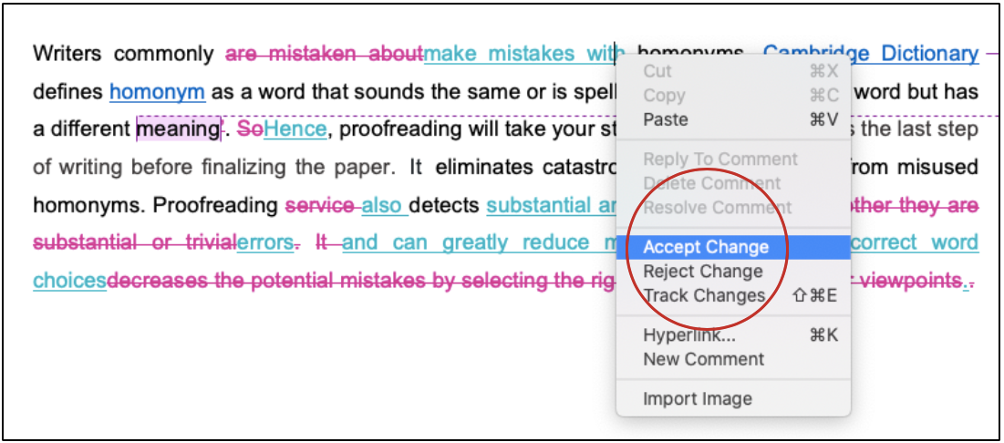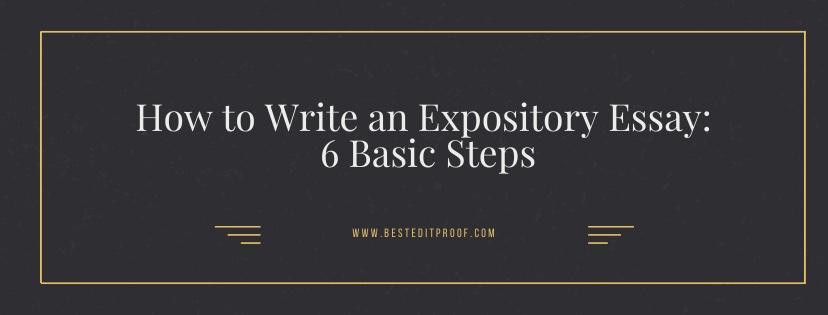Formal writing can cover everything from academic essays to a thesis or dissertation; a few fundamental rules are valid in all types of academic writing. A student can find writing in different formats boring or unbearable. With the following tips, you will start finding academic writing almost enjoyable and utterly rewarding.

Formal writing can cover everything from academic essays to a thesis or dissertation; a few fundamental rules are valid in all types of academic writing. A student can find writing in different formats boring or unbearable. However you heed the basic rules of academic writing, you will no longer find academic writing overwhelming and tedious. What follows are what you should and should not do in academic writing. With the following tips, you will start finding academic writing almost enjoyable and utterly rewarding.
When you examine the nature of academic writing, you realize that it is factual, logical, dispassionate, and accurate. Therefore, you must be impersonal while asserting facts and avoid distorting real data by introducing your personal feelings and biases.
You must pose your dissertation topic’s reading, research, and analysis impersonally and objectively. It guarantees that your efforts are acknowledged, and your theses argument are heard.
Achieving objectivity in formal writing is only possible if you
a) Resort to credible sources and extensive data to champion your arguments.
b) Shun employing slang and clichés.
c) Pen in the third person instead of the first or second person. However, an increasing trend includes using “I” and “We” in thesis and dissertation writing.
Clarity is a must in formal writing. The rules of academic writing suggest that the readers can readily pursue your analysis or research. You are responsible for ensuring that they can understand the presented ideas without elucidating on the paragraphs. To guarantee this, you may concentrate on the following issues.
a) Introduce a topic, a subtopic, or a new idea in a new paragraph.
b) Choose brief and simple starting sentences; state the detailed information at the end if needed.
c) Add data to support your statement in the following sentences and elaborate further on the topic.
d) Pen a linking sentence ending your current paragraph while presenting the next idea to be addressed in the subsequent section.
e) Apply this logic to your entire topic starting from the first sentence and finishing in the last.
You must remember that every topic you explore comes with a specific jargon attached to it. Including it in academic papers or essays is essential to ensure readers in a particular area can follow it readily. This act renders your writing focused and accurate. On top of that, it depicts that you have adequate expertise to cover the related subject.
Resorting to the glossary of terms or nomenclature at the end of the book, article, or thesis helps you with the terminology. A particular danger is imminent and probable. Assume you utilize technical terminology inaccurately; readers may consider you an amateur.
Irrespective of your target audience, too-long sentences are challenging to read. The issue becomes more relevant for scientific papers because the language must be accurate, concise, and free of grammar or spelling errors. Readers can understand you as long as you are direct. It should not mean that you cannot use long sentences. However, if your sentence exceeds three lines, it is probably too long. Formal writing tips are beneficial. Some tips follow:
a) Split long sentences into at least two parts. Moreover, check that their tenses are appropriate.
b) Shun utilizing sentence fragments. They may be applicable in informal writing but are considered unprofessional in formal writing.
c) Avoid exceedingly short sentences.
Even if you were careful, your thesis or dissertation could be unnecessarily long, slightly contrived, or carelessly penned. However, grammar and spelling errors are not allowed or acknowledged in academic writing, even if you have limited time to prepare your thesis or dissertation. You may have exceedingly ingenious ideas. Yet, they will seem unacceptable to the readers.
It would be best if you began writing early. Then, you can have time to edit and proofread your thesis or dissertation. However, when you are overwhelmed owing to demanding classwork and other responsibilities, it can be exceedingly hard to allocate adequate time for your dissertation or thesis. The other relevant point is that you may not be able to find your mistake even if you read the dissertation repeatedly. Therefore, hiring a proofreading and editing service, which will check your thesis for clarity, wording, and objectivity, might be an excellent move.
Best Edit & Proof expert editors and proofreaders focus on offering papers with proper tone, content, and style of academic writing, and also provide an upscale editing and proofreading service for you. If you consider our pieces of advice, you will witness a notable increase in the chance for your research manuscript to be accepted by the publishers. We work together as an academic writing style guide by bestowing subject-area editing and proofreading around several categorized writing styles. With the group of our expert editors, you will always find us all set to help you identify the tone and style that your manuscript needs to get a nod from the publishers.

You can also avail of our assistance if you are looking for editors who can format your manuscript, or just check on the particular styles for the formatting task as per the guidelines provided to you, e.g., APA, MLA, or Chicago/Turabian styles. Best Edit & Proof editors and proofreaders provide all sorts of academic writing help, including editing and proofreading services, using our user-friendly website, and a streamlined ordering process.
Visit our order page if you want our subject-area editors or language experts to work on your manuscript to improve its tone and style and give it a perfect academic tone and style through proper editing and proofreading. The process of submitting a paper is very easy and quick. Click here to find out how it works.
Our pricing is based on the type of service you avail of here, be it editing or proofreading. We charge on the basis of the word count of your manuscript that you submit for editing and proofreading and the turnaround time it takes to get it done. If you want to get an instant price quote for your project, copy and paste your document or enter your word count into our pricing calculator.
Contact us to get support with academic editing and proofreading. We have a 24/7 active live chat mode to offer you direct support along with qualified editors to refine and furbish your manuscript.
Follow us on Twitter, LinkedIn, Facebook, Instagram, and Medium.
For more posts, click here.
This article explains how to ensure the quality of academic writing in a dissertation or thesis. To give you an opportunity to practice proofreading, we have left a few spelling, punctuation, or grammatical errors in the text. See if you can spot them! If you spot the errors correctly, you will be entitled to a 10% discount.
How to Determine Variability in a Dataset
14.10.2023
How to Determine Central Tendency
19.02.2023
How to Specify Study Variables in Research Papers?
14.01.2023
Population vs Sample | Sampling Methods for a Dissertation
14.01.2023
7 Issues to Avoid That may Dent the Quality of Thesis Writing
18.12.2022
How to Define Population and Sample in a Dissertation?
03.12.2022
How can You Establish Experimental Design in Your Dissertation?
12.11.2022
How Can You Decide on Tense Usage in Your Dissertation?
04.11.2022

Submitting a journal article can be a nerve-wracking experience. After all, this piece of work requires hours of research, analysis, and work poured into it. Therefore, you would wish for it to be acknowledged, selected, and published. This guide will give you some crucial answers, so go ahead and take a read. This way, you can ensure that your journal submission is devoid of any hassle.
Continue Reading
Being proficient in grammar takes years of practice and needs deep knowledge. Yet, you will still end up making grammatical mistakes, and that is understandable. However, when we are talking about academic writing, you need to be exceptionally careful that you do not end up making such mistakes. This article gives you 10 common grammatical mistakes in academic writing. If you are someone who tends to make such mistakes frequently, this article will be able to help you pinpoint those mistakes and fix them.
Continue Reading
Essays are a principal component of academic writing. Scholars and students need to write a plethora of essays on a recurring basis as a core requirement of their research or curricula. Depending on the writing purpose, these essays can be persuasive, narrative, descriptive, or expository. This article expounds on expository essays and suggests some helpful steps to write an expository essay.
Continue Reading
It is not uncommon for individuals, academic and nonacademic to use “thesis” and “research paper” interchangeably. However, while the thesis vs. research paper puzzle might seem amusing to some, for graduate, postgraduate and doctoral students, knowing the differences between the two is crucial. Not only does a clear demarcation of the two terms help you acquire a precise approach toward writing each of them, but it also helps you keep in mind the subtle nuances that go into creating the two documents. This brief guide discusses the main difference between a thesis and a research paper.
Continue Reading
An abstract usually summarizes a lengthier work (including a dissertation, thesis, research paper, or review). The abstract should explicitly state the objectives and results of your research. Thus, readers can learn what your research addresses.
Continue Reading